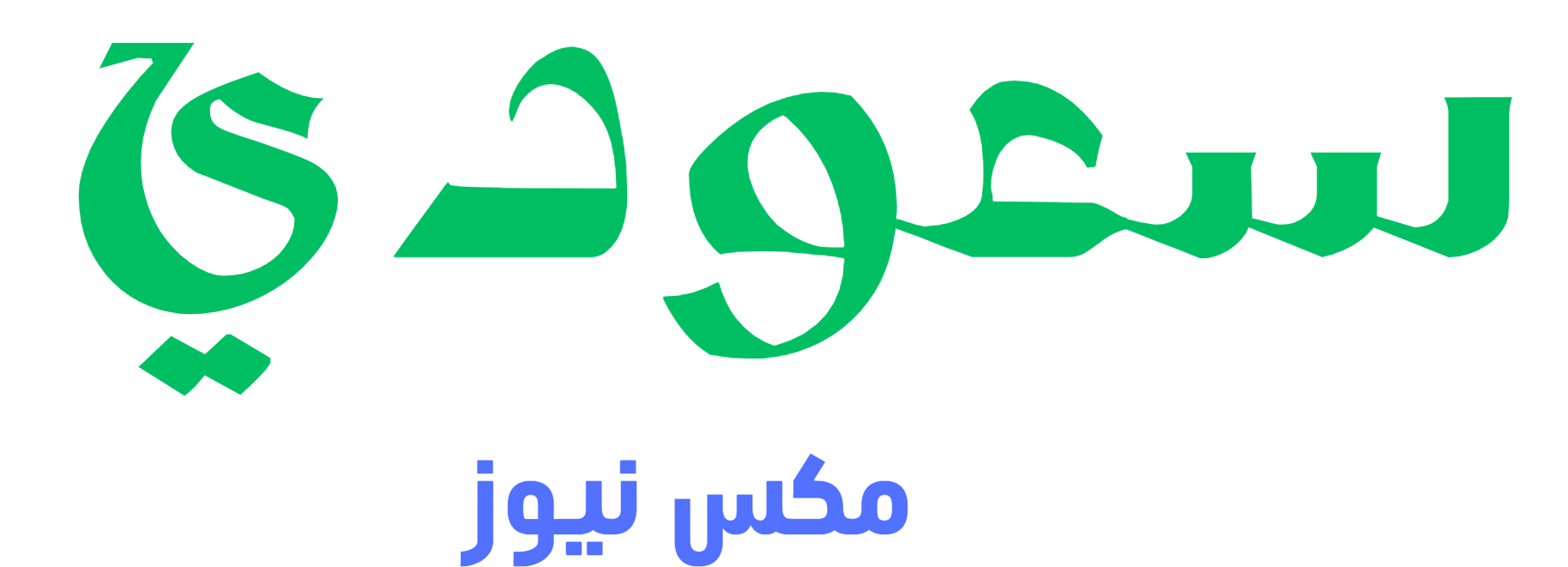UAE Warns Israel: Annexation of Palestinian Lands is a ‘Red Line’
By AI Assistant | Based on Reports from Sky News Arabia
In a bold diplomatic move, the United Arab Emirates (UAE) has issued a stern warning to Israel, declaring that any attempt to annex Palestinian territories crosses a critical threshold. The statement, highlighted by Sky News Arabia, underscores growing tensions in the Middle East and highlights the UAE’s commitment to Palestinian rights amid efforts to foster regional stability.
The Warning and Its Context
The UAE’s Foreign Ministry released an official statement on [insert date, if known; assuming recent context], condemning what it described as “unilateral actions” by Israel that could undermine the prospects of peace in the region. According to Sky News Arabia, the warning specifically targets Israel’s long-discussed plans to annex parts of the West Bank, including settlements and the Jordan Valley, as outlined in proposals linked to the Trump administration’s 2020 “Peace to Prosperity” plan.
In the statement, a UAE official emphasized that “the annexation of Palestinian lands is a red line that threatens the two-state solution and regional security.” This rhetoric echoes sentiments expressed by other Arab nations, but the UAE’s position is particularly noteworthy given its historic normalization of relations with Israel through the 2020 Abraham Accords. The accords, which facilitated diplomatic ties between the two countries, were seen as a breakthrough for economic and security cooperation. However, the UAE has repeatedly stressed that such agreements do not come at the expense of Palestinian aspirations for statehood.
Sky News Arabia reported that the warning was delivered during a series of diplomatic exchanges, possibly including discussions at the United Nations or bilateral talks. The network quoted an anonymous source close to the UAE government, who said, “While we value our partnership with Israel, any steps toward annexation would be counterproductive and could lead to irreversible damage in our relations.”
Historical and Political Background
The Israeli-Palestinian conflict has been a flashpoint for decades, with Israel’s occupation of the West Bank since the 1967 Six-Day War remaining a core issue. Annexation proposals gained momentum under former Israeli Prime Minister Benjamin Netanyahu, who in 2020 announced intentions to apply Israeli sovereignty over significant portions of the territory. Although those plans were partially shelved due to international pressure, including from the UAE and other Gulf states, recent rhetoric from Israeli officials has reignited concerns.
The UAE’s stance reflects a broader shift in Arab diplomacy. As a key player in the Gulf, the country has positioned itself as a mediator in Middle Eastern affairs, balancing economic ties with Israel against the need to maintain solidarity with the Arab world. This warning comes at a time when the Palestinian Authority has called for renewed international action against Israeli settlements, which are widely considered illegal under international law.
Experts interviewed by Sky News Arabia, such as Dr. Amal Al-Jneibi, a Middle East analyst, noted that the UAE’s intervention could signal potential economic repercussions. “If annexation proceeds, it might lead to a reevaluation of trade agreements and joint projects between the UAE and Israel, affecting billions in investments,” she explained.
Implications for Regional Stability
The UAE’s warning could escalate diplomatic tensions, potentially drawing in other actors like Jordan, Egypt, and even the United States. With the Biden administration advocating for a return to two-state negotiations, this development adds pressure on Israel to de-escalate. On the other hand, it highlights the delicate balance the UAE must maintain: promoting peace while safeguarding its image as a defender of Palestinian rights.
In response, Israeli officials have downplayed the threat, with a spokesperson telling Sky News Arabia that “annexation is not on the immediate agenda” and emphasizing ongoing dialogues with Arab partners. However, critics argue that such statements do little to address the underlying grievances.
Looking Ahead
As the situation unfolds, the international community will be watching closely. The UAE’s “red line” declaration serves as a reminder that peace in the Middle East requires mutual concessions. If heeded, it could pave the way for renewed peace talks; if ignored, it might widen rifts and complicate efforts to achieve lasting stability.
This episode, as reported by Sky News Arabia, reinforces the UAE’s role as a influential voice in the Arab world, committed to diplomacy even as it navigates complex alliances. For now, the ball is in Israel’s court, and the outcome could shape the region’s future for years to come.

تعليقات